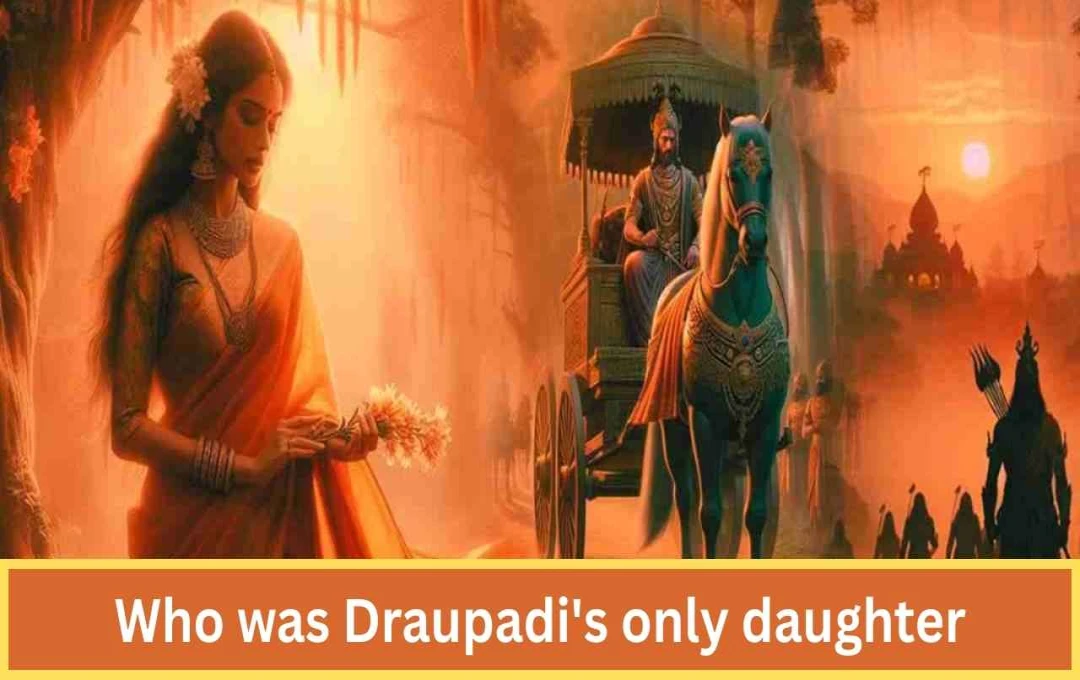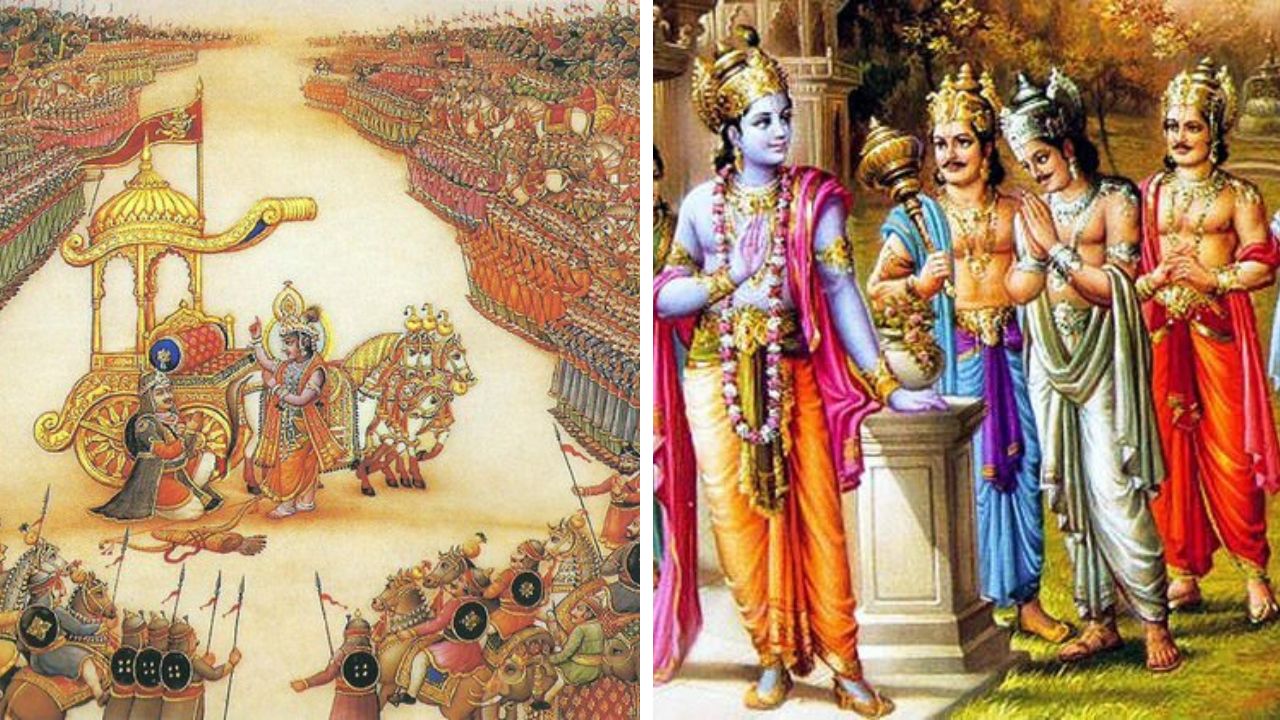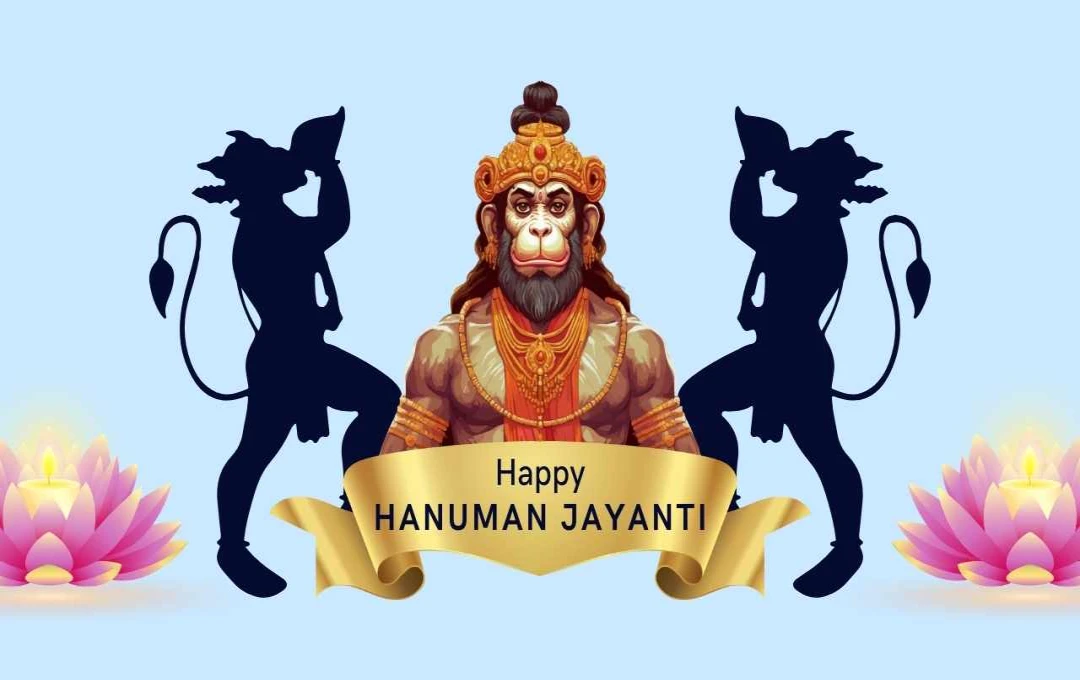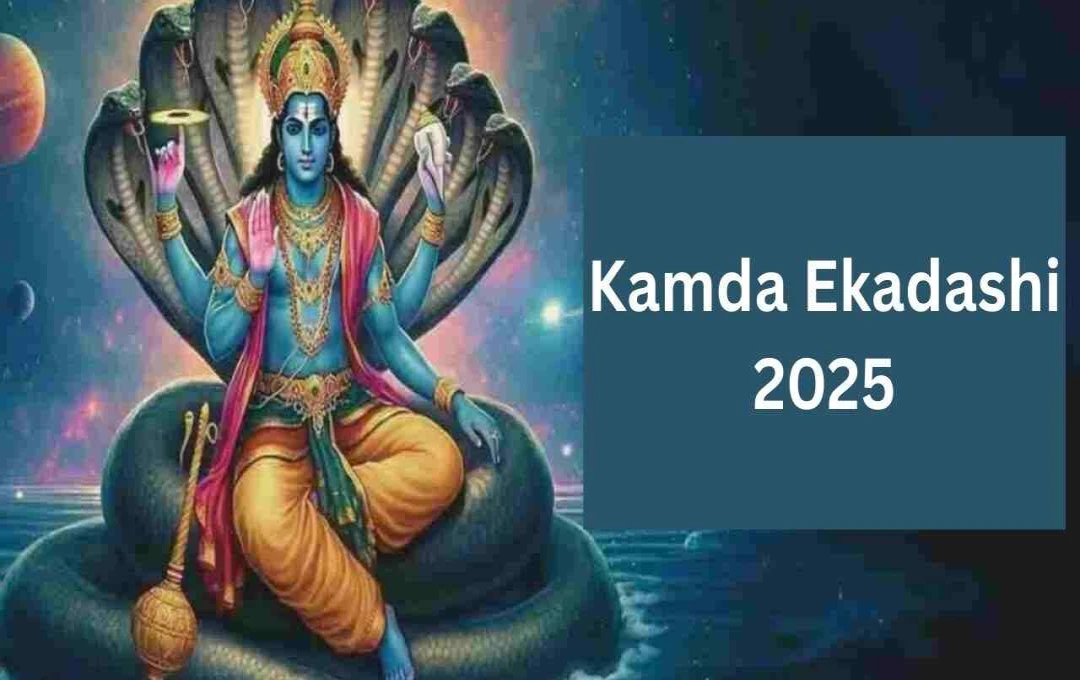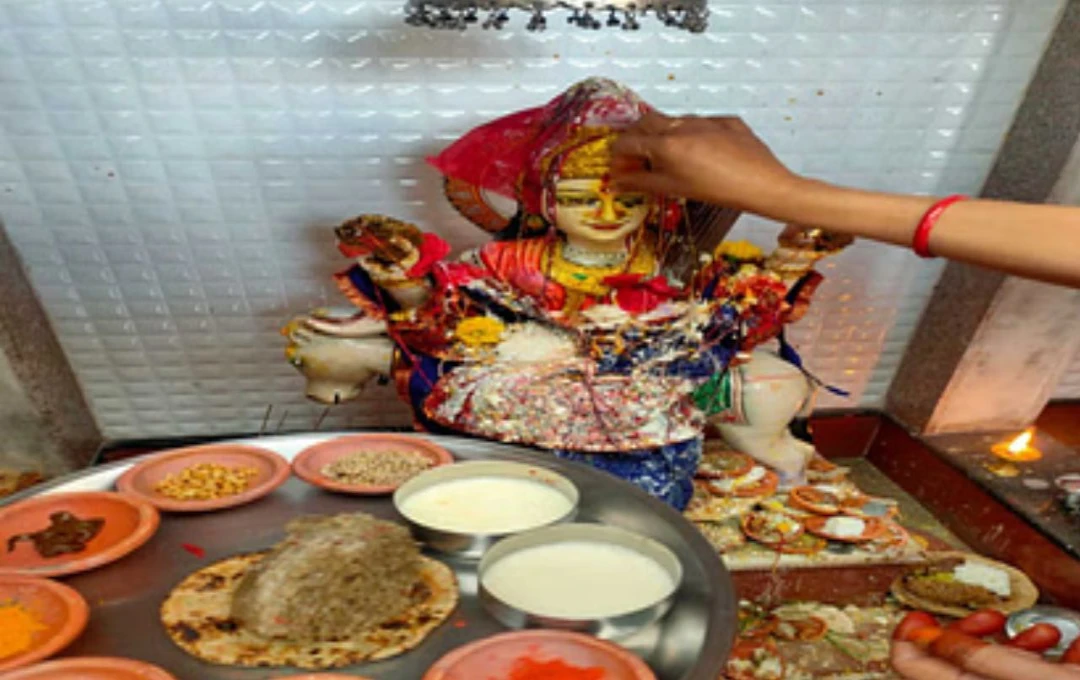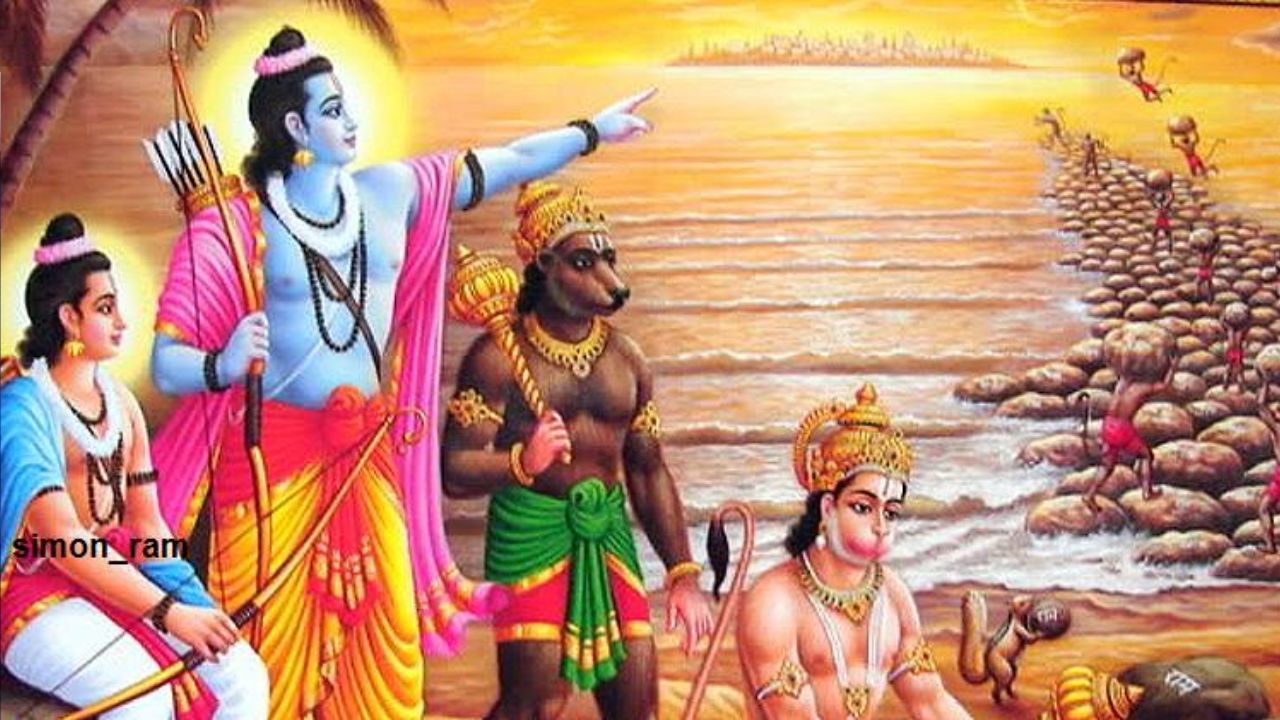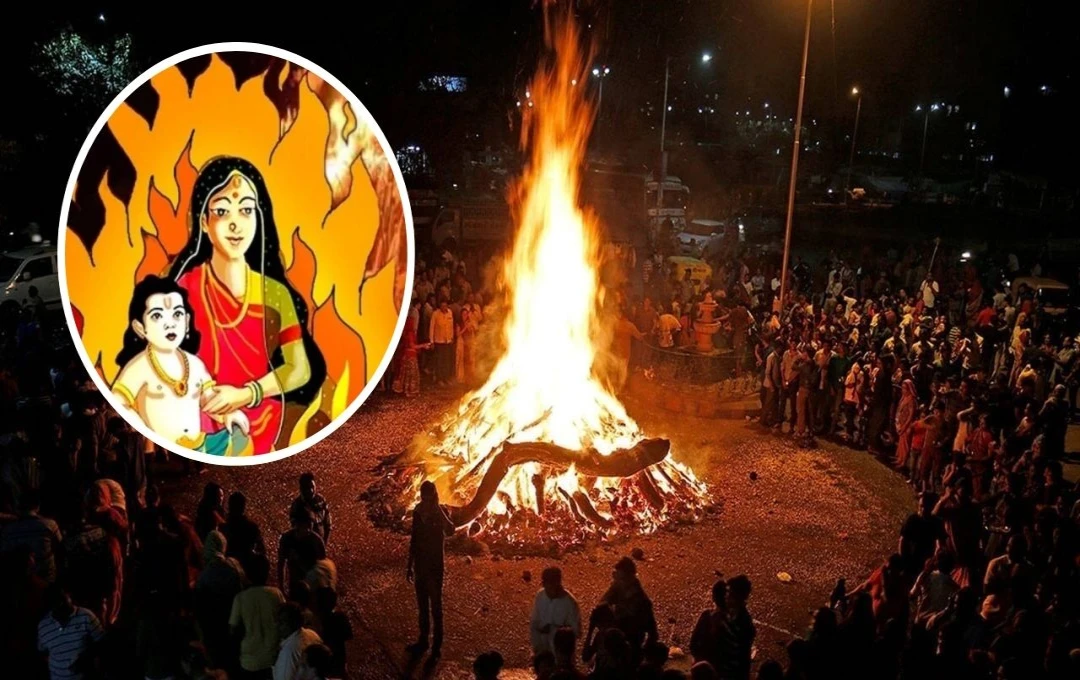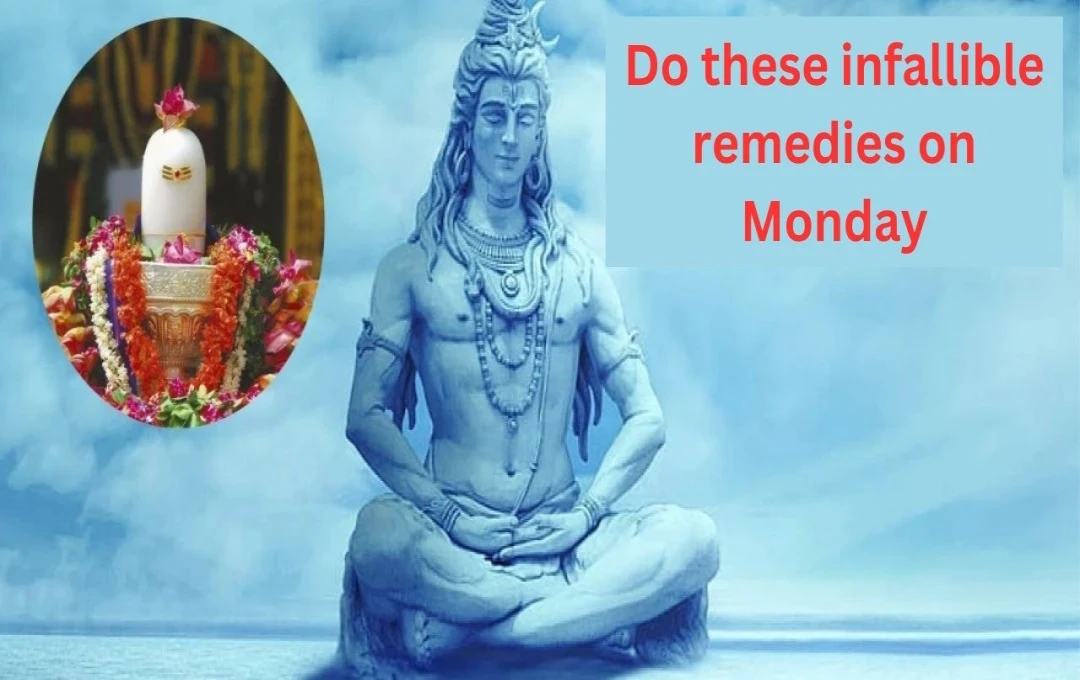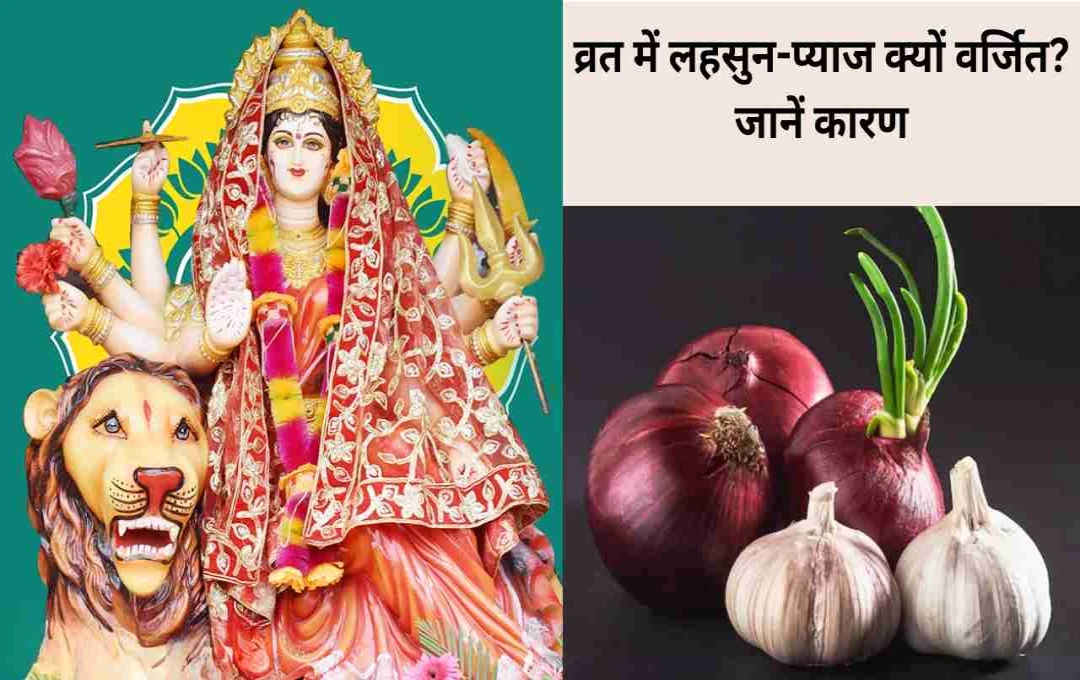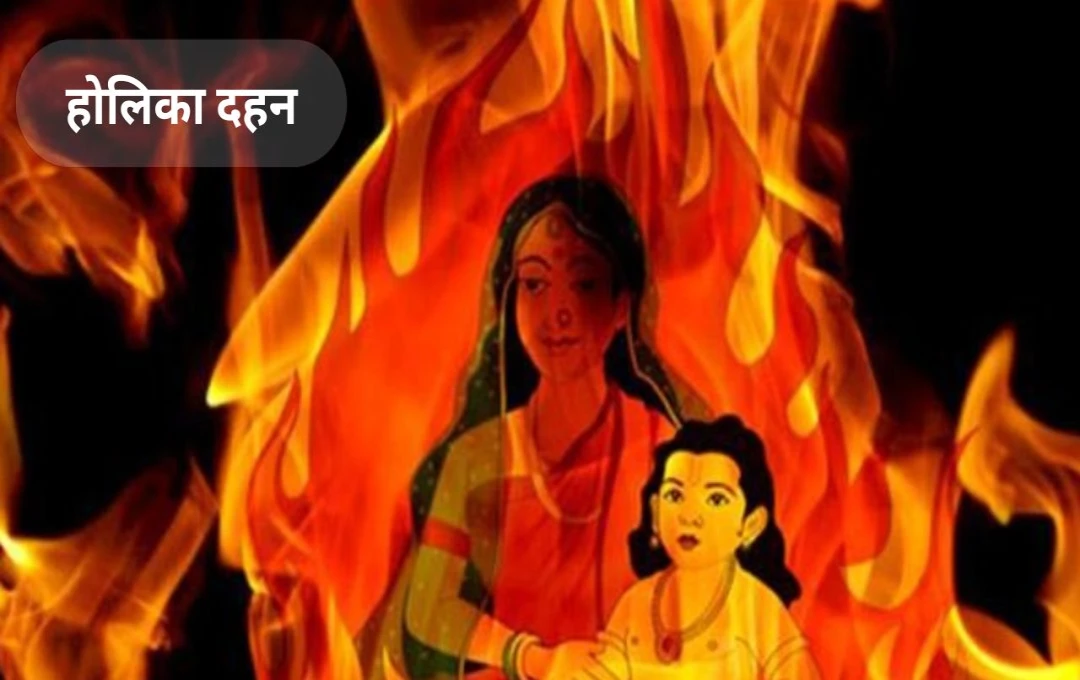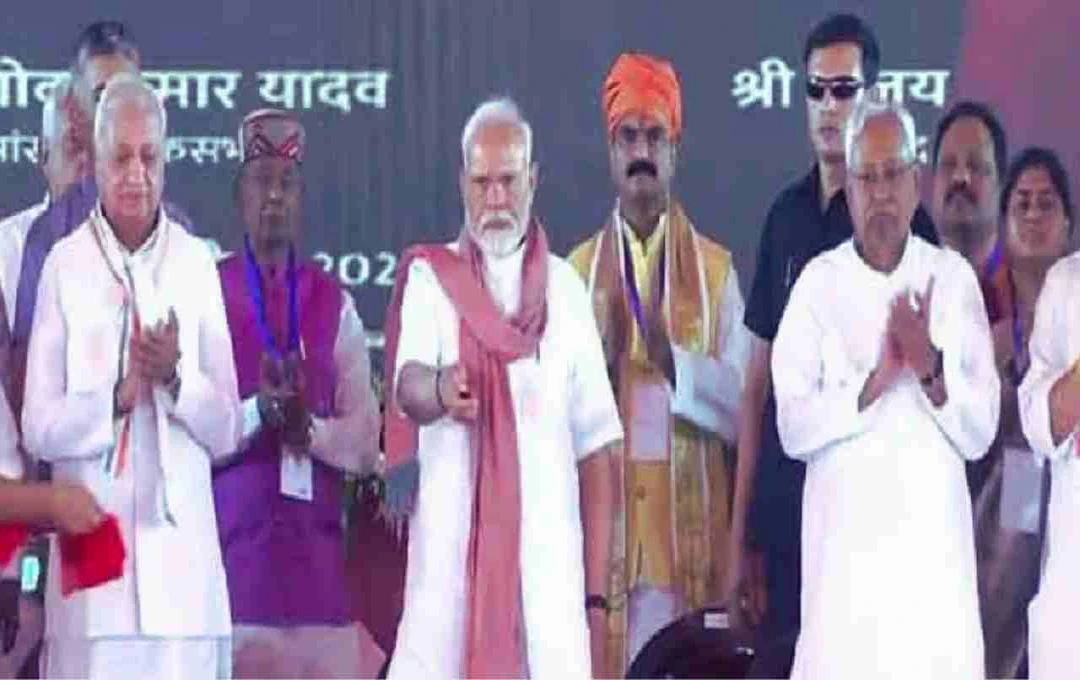The Mahabharata, an epic poem, has been ingrained in the soul of Indian society and culture for millennia. This epic narrates numerous stories of war, dharma (righteousness), politics, love, and sacrifice. However, alongside the main narrative, many folk tales have emerged, surviving through oral traditions. Among these, a mysterious name surfaces – Suthanu, purportedly the daughter of Draupadi and Dharma Raja Yudhisthira. This name is absent from the primary texts of the Mahabharata, but if this tale were true, it could fundamentally alter the course of the epic’s narrative.
Draupadi: Queen of Five Husbands and the Shadow of Motherhood
Draupadi, daughter of King Drupada and born from a sacrificial fire, was the wife of the five Pandava brothers. She bore a son to each: Prativindhya, Sutasoma, Shrutkirti, Shatani, and Shrutkarma. However, Draupadi's motherhood extended beyond these sons; folklore suggests she also gave birth to a daughter – Suthanu.
Who Was Suthanu? A Hidden Princess

According to folklore, Suthanu was the daughter of Dharma Raja Yudhisthira and Draupadi. Suthanu's birth coincided with the climax of the Kurukshetra war. The Kauravas' deceit and tyranny were at their peak. Fearing that her daughter's existence could lead to harm at the hands of the Kauravas, Draupadi entrusted Suthanu to a trusted confidante, keeping her existence a closely guarded secret.
This decision, while agonizing for a mother, was a consequence of the circumstances Draupadi faced.
If Suthanu's Secret Were Revealed...
Many scholars and folklorists believe that if Suthanu's existence had been public knowledge and discovered by the Kauravas, the course of the Mahabharata would have dramatically shifted. The Pandavas were already consumed by the desire for revenge for Draupadi's humiliation; the humiliation of their daughter would have intensified the conflict immeasurably.
Suthanu's Marriage: When Krishna Became a Samdhi (Father-in-law)
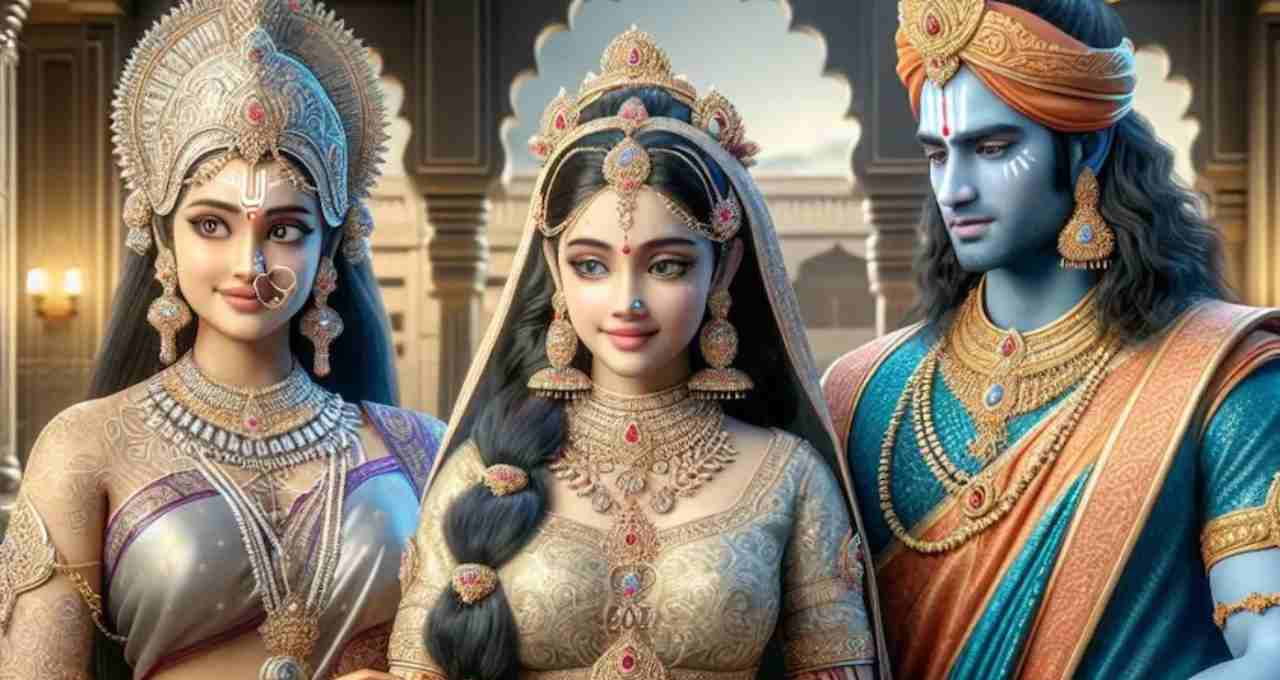
Another intriguing aspect of the folklore is Suthanu's marriage to Bhanu, the son of Krishna and Satyabhama. This union established a kinship between Krishna and Yudhisthira, transforming their political alliance into a familial bond. This marriage represented not merely a familial connection but also a union of two great lineages – the Pandavas and the Yadavas. It highlights that beyond war and politics, a world of relationships existed, often overlooked in the central narrative of the Mahabharata.
Vyasa's Vow and Suthanu's Unspoken Story
It is said that Draupadi made Vyasa, the author of the Mahabharata, vow to not mention her daughter in his epic. This was likely to protect her daughter from political conflict and turmoil. Therefore, Suthanu's name is absent from the main Mahabharata, but she lives on in folklore and legends.
Draupadi and the Forgotten Aspect of Motherhood
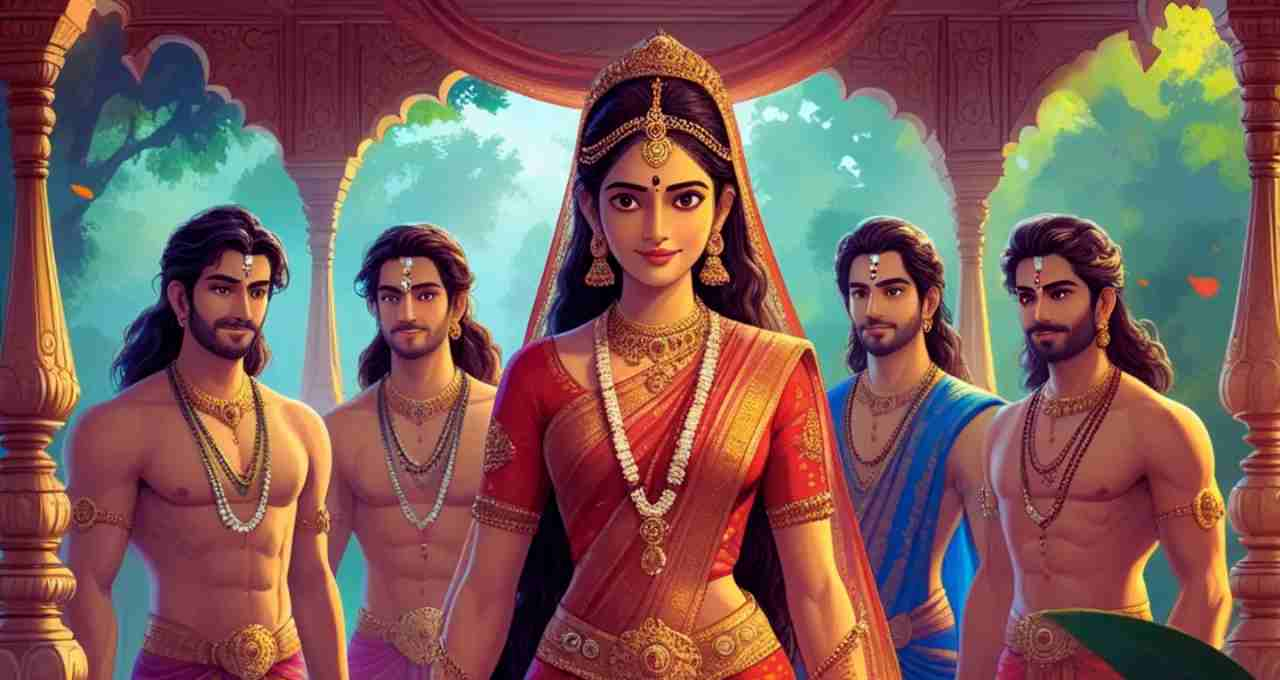
Draupadi is often portrayed in the Mahabharata as a valiant warrior woman, a struggling queen, and a wronged wife. However, Suthanu's story reveals her as a mother who kept her maternal love a secret for her daughter's safety; a mother who prioritized her heart's pain above public opinion, politics, and humiliation.
What Do These Tales Say From a Modern Perspective?
In the context of contemporary discussions about women's empowerment, motherhood, and women's rights, Suthanu's story reminds us that women across ages have fought for their children. Draupadi's sacrifice is not merely a mother's tale but a history quietly suppressed. Suthanu's story is one of the enigmatic aspects of the Mahabharata, revealing that behind every epic lie numerous untold narratives. The Mahabharata is not just a tale of war but also of love, sacrifice, motherhood, and hidden connections.
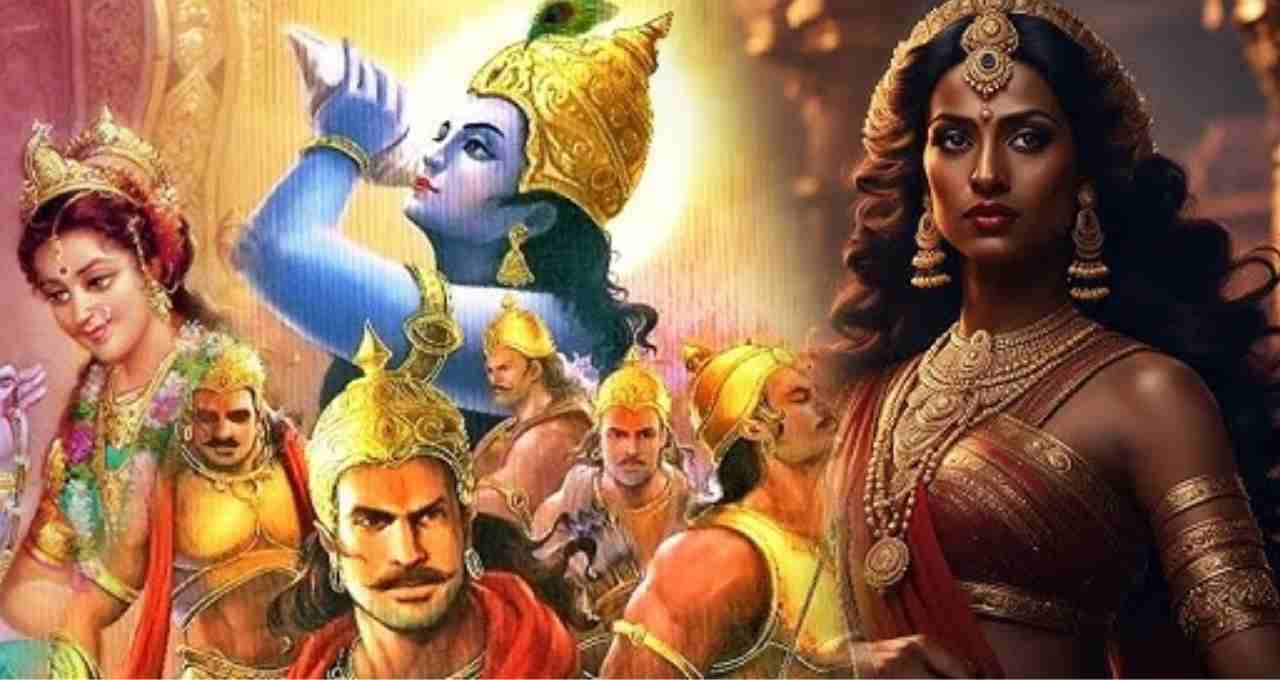
Had Suthanu been revealed, Draupadi's role as a mother would have been more prominently highlighted, and her relationship with Krishna would be understood with greater depth. This tale prompts us to reconsider the known and unknown aspects of history. Ultimately, Suthanu represents a shadow in the Mahabharata, never fully revealed like the sun, yet whose light continues to glimmer in folklore.
